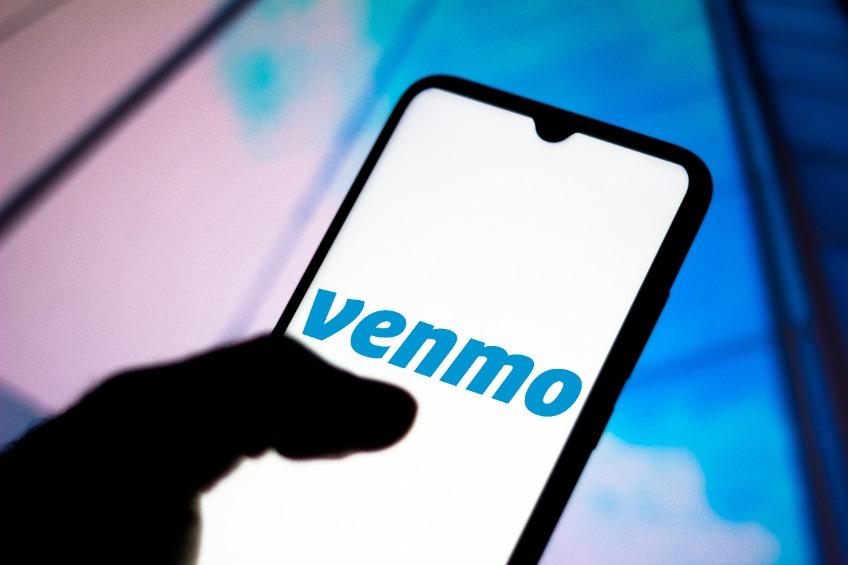Businesses and individuals who use digital platforms like Venmo, Paypal, and eBay were bracing for tax headaches as the tax reporting threshold was about to drop with the New Year’s ball to $600. That plan changed at the last moment.
For months, the IRS had been warning early filers to wait for “key documents” that could arrive in February. Those documents include Form 1099-K, which reports income from third-party payment networks such as Venmo or PayPal and e-commerce platforms like eBay, Etsy, Poshmark, as well as traditional credit cards. New reporting thresholds require Form 1099-K to be issued to individuals whose business transactions exceed $600, even if that amount is on a single transaction. The change was tucked into the American Rescue Plan Act of 2021 and caused panic and confusion as the clock ticked down to 2023.
But late in December, the IRS conceded and delayed that change for one year as the details are worked out. The current threshold remains intact: Reporting kicks in at more than 200 transactions worth an aggregate above $20,000.
“The IRS and Treasury heard a number of concerns regarding the timeline of implementation of these changes under the American Rescue Plan,” explains Acting IRS Commissioner Doug O’Donnell. “To help smooth the transition and ensure clarity for taxpayers, tax professionals and industry, the IRS will delay implementation of the 1099-K changes. The additional time will help reduce confusion during the upcoming 2023 tax filing season and provide more time for taxpayers to prepare and understand the new reporting requirements.”
At the heart of the issue is the fact that these payment platforms are heavily used for both business and personal reasons. One could use Venmo to accept business payments for freelance services or the selling of goods but also receive a birthday gift, a casual reimbursement, or cash (at a loss) for a used couch. The IRS states that “the law is not intended to track personal transactions such as sharing the cost of a car ride or meal, birthday or holiday gifts, or paying a family member or another for a household bill.” But how will the different types of transactions—taxable and non-taxable—be distinguished? That’s the puzzle that needs solving.
Make no mistake that although the reporting requirements haven’t changed for your 2022 tax return, the transactions you make now, in 2023, will likely be subject to new conditions. The IRS says that further details “will be available in the near future along with additional information to help taxpayers and the industry” and that the changes “must be managed carefully to help ensure that 1099-Ks are only issued to taxpayers who should receive them.”
Industry organizations like the National Taxpayers Union Foundation (NTUF) have recommended the level be set higher than $600 to avoid confusion and unnecessary paperwork for casual activity. “Setting the level at, say, $5,000 would not eliminate the entirety of the paperwork challenges associated with a new 1099-K standard, but it would make significant progress toward that goal while shielding taxpayers, platforms, and the IRS from some of the worst administrative fallout,” NTUF representatives suggest.
Until the details are worked out, be mindful of your transactions on these payment platforms, particularly if you engage or even dabble in business transactions. Feel free to contact us with questions.















